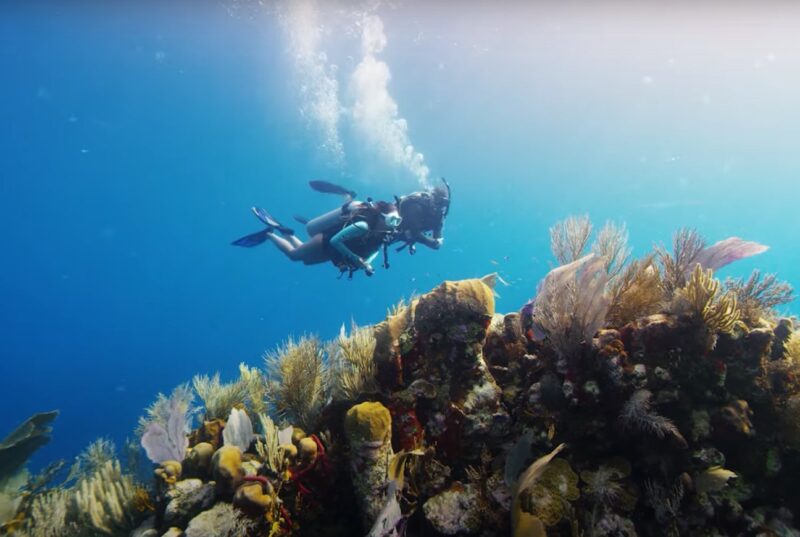When it comes to exploring the underwater world, being properly certified is a necessity.
Scuba certification acts as a diver’s passport to the deep, confirming that an individual has the training and knowledge required to dive safely.
Most diving organizations offer certifications that do not have an expiration date, meaning once a diver is certified, they hold the credential for life.
But, some aspects of scuba diving, such as proficiency and safety, require regular practice and may necessitate refreshers.
Key Takeaways
Types of Certifications
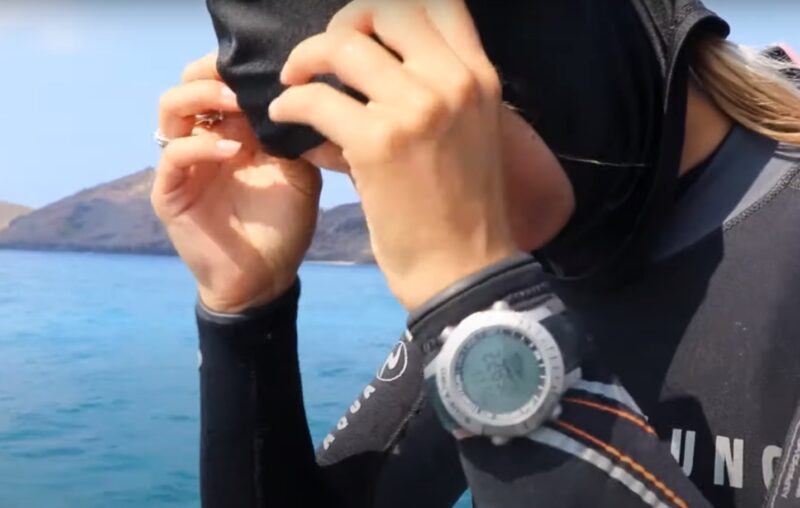
Recreational:
- Open Water Diver
- Advanced Open Water Diver
- Rescue Diver
Professional:
- Dive Master
- Scuba Instructor
- Course Director
Prerequisites
- Age: Minimum age requirements vary, typically starting at 10 or 12 years for junior certifications and 15 years for most primary certifications.
- Medical Fitness: A recent medical statement confirming the individual is fit for diving.
- Swimming Skills: Demonstrate basic water skills to ensure safety in the water.
- Training: Completion of a course that includes both knowledge development and practical skills.
Duration
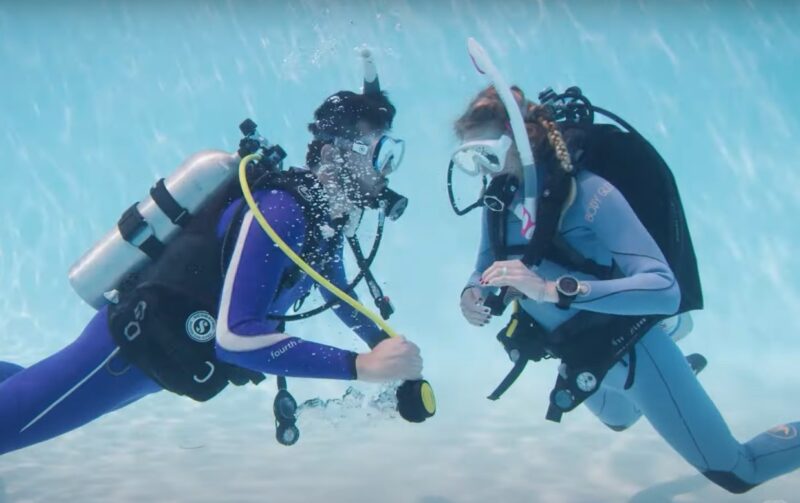
Scuba certifications generally last a lifetime; however, certain conditions may affect their validity, necessitating divers to take refresher courses or renewal exams to ensure safety and competence underwater.
Lifetime Validity
Basic scuba certifications are typically awarded for life. For instance, certifications from recognized organizations like PADI (Professional Association of Diving Instructors) and SSI (Scuba Schools International) do not expire. A diver certified by these bodies is usually considered certified for life. GUE (Global Underwater Explorers) is an exception, requiring recertification every three years to maintain the validity of their certifications.
Conditions Affecting Validity
Although basic certifications are valid for life, a diver’s ability to utilize their certification can be influenced by multiple factors:
- Inactive Period: If a diver has not been diving for an extended period, typically 6 – 12 months or more, it is strongly advised to take a refresher course to ensure their skills are up to date.
- Professional Certifications: For dive professionals such as Dive Masters or Scuba Instructors, there may be additional requirements to maintain active status. For instance, some professional certifications may expire if the individual has not been practicing for a certain period, which can vary by agency.
- Agency Regulations: Different certifying agencies might have their own guidelines and conditions. For example, some agencies like CMAS (Confédération Mondiale des Activités Subaquatiques) set an expiration date after a period of five years.
Divers should consult their certification agency to understand the specific conditions that apply to their qualifications.
Maintaining
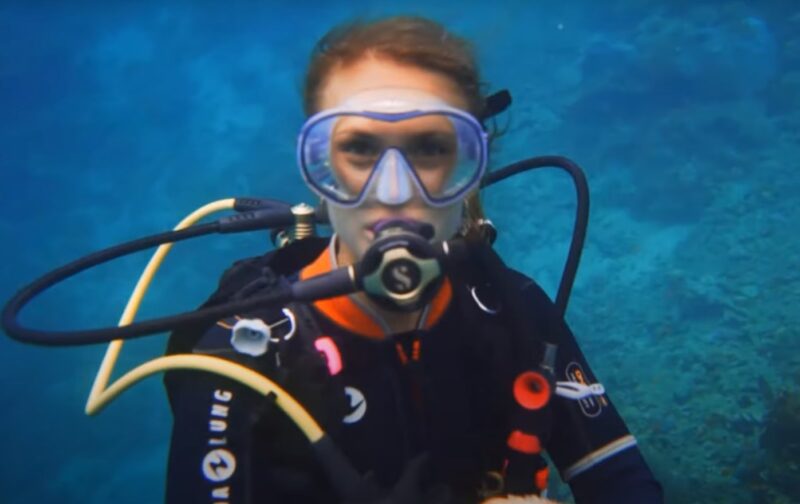
While scuba certifications are often issued for life, divers are encouraged to actively maintain their skills and knowledge. Each agency has guidelines for keeping current and divers are advised to stay informed on best practices and safety procedures.
Continuing Education
The diving world constantly evolves with new technologies and techniques, making continuing education crucial. Divers can take specialty courses or advanced training to enhance their understanding. Often, this may include learning about new gear, conservation practices, or more complex diving environments.
Regular Diving Practice
Divers should aim to dive regularly to keep their skills sharp. An absence from diving may necessitate a refresher course. The general guideline suggests that those who haven’t dived for 6-12 months (PADI Blog) should consider a skill update to ensure safety and confidence underwater.
Renewal Procedures
Specific, like those from GUE, require divers to renew their certification every three years. Renewal involves demonstrating updated knowledge and proficiency. It’s essential to check with the respective certification agency for exact details on renewal requirements.
Advanced and Specialized
Beyond the initial open water course, divers may choose to pursue advanced and specialized certifications to enhance their diving skills and knowledge in specific areas.
Advanced Open Water Diver
The Advanced Open Water Diver allows divers to expand their skills through a variety of Adventure Dives. Typically, this includes deep diving and underwater navigation, along with three other dives that pique the diver’s interests, such as peak performance buoyancy, wreck diving, or night diving.
Specialty Diver Certifications
Specialty Diver Certifications equip divers with expertise in particular diving activities. Each specialty focuses on a unique skill or environment, such as Dry Suit Diving, Underwater Photography, or Nitrox Diving. Divers often complete these courses to pursue specific diving goals or to prepare for diving in different conditions.
Implications of Expiry
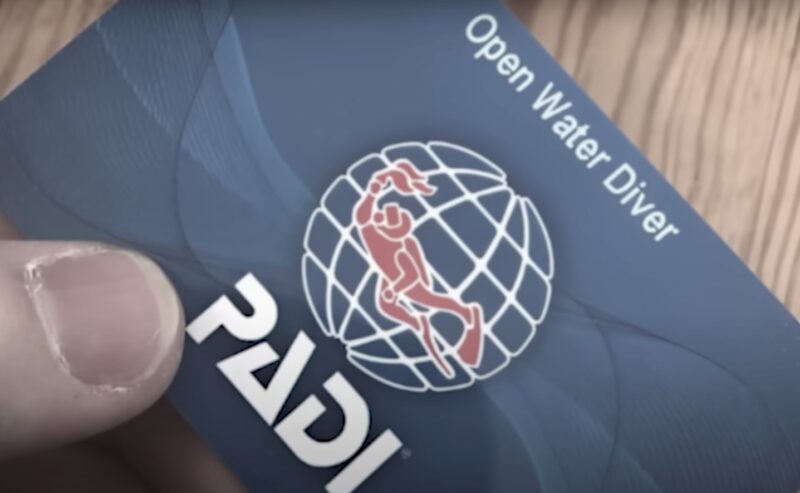
When a scuba certification is considered expired or out of date, it primarily raises two areas of concern. Both safety and legality are impacted, and divers need to be cognizant of the consequences.
Safety Concerns
Scuba diving without an up-to-date poses significant safety risks. Divers rely on skills that can deteriorate without practice. If a diver has not dived for an extended period, his or her ability to handle underwater emergencies may be compromised. It is common for agencies to recommend a refresher course if a diver has not been active for 6-12 months or more to ensure safety standards are maintained.
Legal Implications
Legally, diving without a current may invalidate insurance policies or waivers that are conditioned upon being a certified diver. Divers might also face legal consequences if they dive past the expiry of their certification, for instance, with some certifications like those from GUE requiring renewal every 3 years. Should an incident occur, the diver could be held liable for not adhering to the standards of certified diving practices.
Frequently Asked Questions
What is the duration of validity for a typical PADI certification?
PADI certifications are granted for life, meaning once you are certified, it does not expire. Divers are encouraged to participate in regular diving activities to keep their skills sharp.
Is there an expiration timeline for SSI scuba certifications?
Similar to PADI, SSI scuba certifications are valid for a lifetime. There is no official expiration date, but regular diving practice is recommended.
What are the requirements for renewing a scuba certification?
There is no formal renewal process needed for a basic scuba diving certification. However, if a diver has not dived for an extended period, often six months to a year, it is advised to take a refresher course.
How long does it take to complete an Open Water certification course?
The time to complete an Open Water certification course can vary but is generally flexible, allowing for schedule adjustments based on an individual’s progress.
Are there differences in certification validity among various scuba diving agencies?
Certification validity remains consistent across major agencies such as PADI, SSI, NAUI, and SDI/TDI; all offer lifetime certifications.
Does the Divemaster certification require renewal, and if so, how frequently?
Divemaster certifications, particularly from agencies like PADI, do not expire. However, there may be additional professional credentials or membership fees that need to be maintained annually.
Conclusion
Scuba certification serves as an essential passport to the underwater world, offering divers lifetime validity with most agencies like PADI and SSI. However, maintaining proficiency through regular practice, refreshers, and continuing education is crucial for both safety and legal reasons.
For those seeking to deepen their dive knowledge, advanced and specialty ones provide opportunities to explore specific interests. Remember, while your certification may last forever, your skills require regular attention to ensure safe and enjoyable diving adventures.
